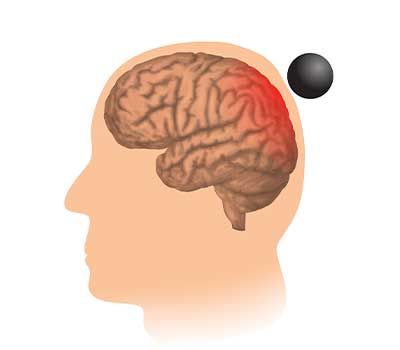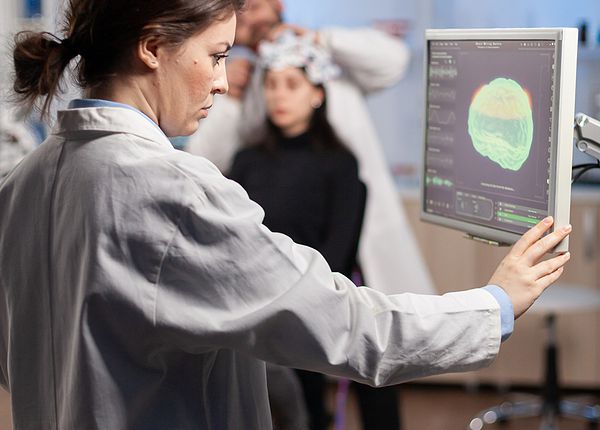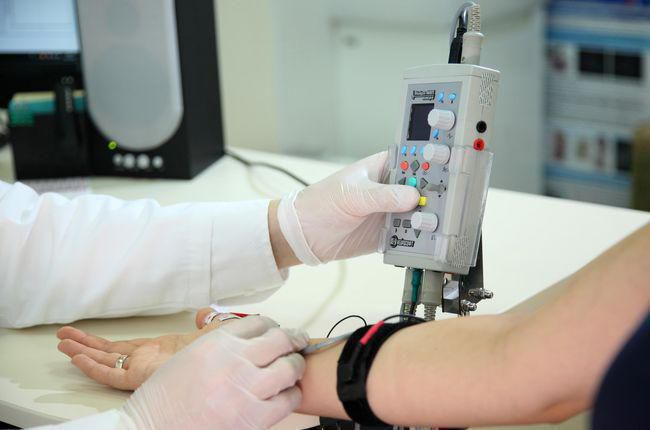Nerve and Muscle Dysfunction
Neuromuscular disorders are a group of ailments ranging from a moderate-chronic level that affects the nerves and the muscular system of our body. They cause a disconnect between the nerves and muscles leading to problems with control and reflexes. Such disorders can suppress and weaken muscular activity. Symptoms can be noted as spasms, twitching, and sensation of muscular pain.
What are neuromuscular disorders?
Neuromuscular disorders are known to affect nerves that connect and control voluntary muscles and those that bring back sensory signals to the brain. A group of brain cells known as neurons is responsible for sending and receiving messages to and from the body to manage and control all voluntary actions.
What are the symptoms of a neuromuscular disorder?
Neuromuscular disorders generally result in muscle weakness and fatigue. Most neuromuscular disorders that begin in infancy show immediate symptoms. Symptoms that appear typically depend on the area of the body that is affected and emerge as the following:
- Muscle weakness leading to twitching, cramps, aches, and severe pain
- Loss of muscle tone
- Difficulty to move
- Issues in balance
- Painful sensations
- Tingling or numbness
- Difficulty in breathing and swallowing
What can lead to a neuromuscular disorder?
Neuromuscular disorders are generally inherited, caused by gene mutation, or by an autoimmune disease.
Several degenerative diseases that affect the motor unit such as Amyotrophic Lateral Sclerosis and inherited conditions like the Kennedy disease, spinal muscular atrophy do contribute to neuromuscular disorders.
How do doctors diagnose neuromuscular disorders?
Several neurodiagnostic studies are helpful ways to diagnose a neuromuscular disorder. A few examples are nerve conduction and electromyography studies. A nerve conduction test helps measure responses to small electric stimuli applied to the skin or the peripheral nerves underlying the skin. By doing so, the neurologist will be able to measure how quickly nerve impulses travel and also measure its amplitude. An electromyography test uses a mini needle electrode to measure electrical activity generated by muscle fibers of individual nerves. These electrodes are usually placed through the skin.
All activities are recorded and displayed on a screen and heard on a loudspeaker.
Other tests involve:
- Blood tests to check for elevated enzyme levels
- MRI scans of the brain and spinal cord
- Lumbar puncture
- EMG tests that record electrical activity of each muscle
- Nerve conduction tests
- Muscle biopsy
- Genetic testing (that confirms gene mutations)
What are the types of neuromuscular diseases?
Myasthenia Gravis -Causes weakness in your voluntary muscles.
Amyotrophic lateral sclerosis (ALS) - Attacks nerve cells of the brain and spinal cord.
Spinal Muscular Atrophy - Attacks motor neurons in the spinal cord.
Neuromuscular therapy
A neuromuscular therapy aims at treating the causes of extreme pain related to the muscles and the nervous system. This form of therapy addresses trigger points, blood circulation, compression of the nerves, corrects posture issues, and other issues.
Visit our practice in San Jose for further assistance with your condition. Call us today to request an appointment at (669) 235-4188.




